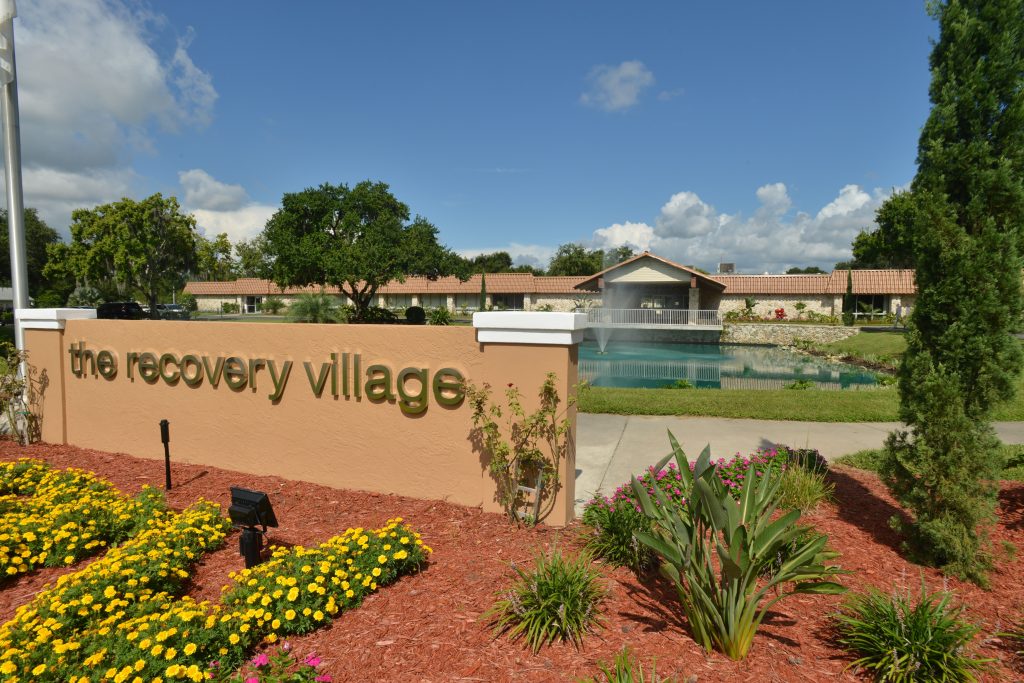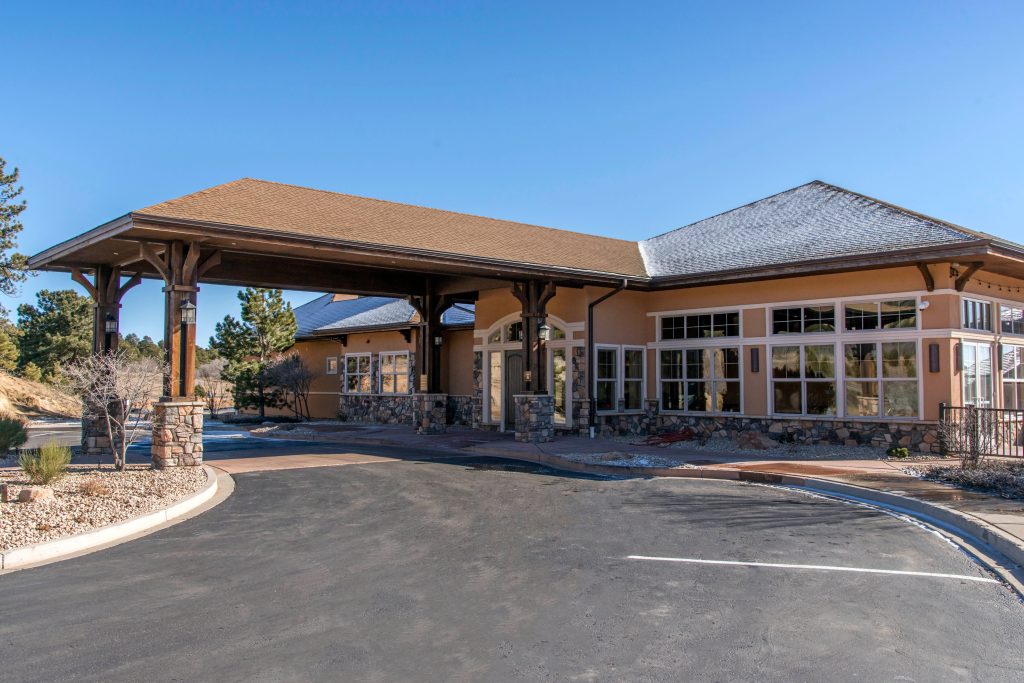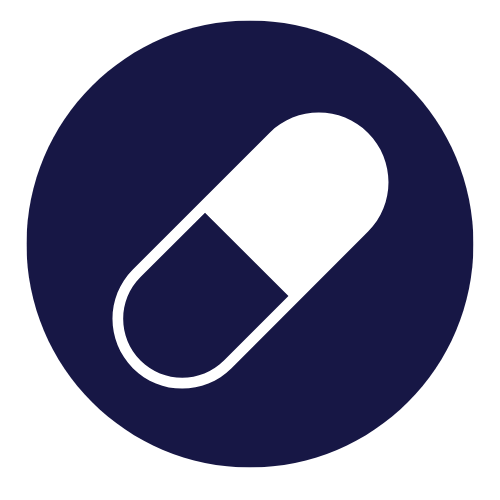Our Outpatient Rehab Program
Our outpatient facilities offer ongoing drug and alcohol addiction treatment in addition to primary care for mental health conditions.

Outpatient Rehab at Advanced Recovery Systems
We offer outpatient treatment programs as part of a full continuum of care through our nationwide network of addiction treatment facilities along with dedicated outpatient centers in Florida and Colorado. Outpatient program offer patients an affordable, flexible approach to rehab and mental health support.
Our Outpatient Locations
We offer dedicated outpatient addiction and mental health treatment programs at the following Advanced Recovery Systems facilities:


Is outpatient treatment right for me?
Outpatient rehab might be the right option if the following apply to you:
What Does Our Outpatient Rehab Include?
Outpatient drug and alcohol treatment is an important transition after inpatient rehab or can be an initial step for those with less severe addictions.
In outpatient rehab, you’ll have both individual and group sessions to continue your treatment and
with your counselor to address the underlying causes of your addiction. Your group therapy sessions will provide opportunities to build fellowship and support. With the flexibility to balance work, school, or family commitments, you will receive top-notch medical care on your schedule.

Using Insurance for Outpatient Rehab
Our facilities are in-network with most national and local insurance providers. We can confirm your insurance benefits or discuss private payment options with you.
What Our Patients Say
You’re not alone in your struggle with drugs or alcohol. Read our reviews to learn why we could be the best fit for your recovery needs.
About Outpatient Rehab
Outpatient rehab can be the continuation of a treatment plan started in an inpatient rehab or a starting point for patients who require the flexibility to continue working or handling other responsibilities. These patients continue to live at home and commute to the center for medical support and counseling appointments.
What are the benefits of outpatient rehab?
Outpatient treatment can be beneficial if you’re unable to take time away from work, school or other responsibilities to start treatment. It’s also beneficial as a transition from inpatient care back to your normal life, as it offers accountability and support from mental health professionals. Another benefit is that it’s typically less expensive than inpatient rehab treatment.
What will I learn from outpatient rehab?
While your specific treatment plan should be tailored to meet your unique needs, two common areas covered in outpatient rehab are relapse prevention and strengthening the skills learned in previous inpatient treatment. Other topics covered, either in individual or group settings, could include: Challenges in early recovery 12-step programs Relapse prevention and dealing with cravings Mental health Stress management Family systems Rebuilding relationships Developing healthy habits Returning to school or work Co-occurring disorders
How long is outpatient rehab?
The amount of time it takes to complete outpatient rehab varies for each individual based on a number of factors, but most of our patients complete their outpatient treatment program within a span of 1 to 3 months, although it can extend up to a year.
Is drug or alcohol detox included?
Medical detox is not provided as part of outpatient rehab. Those in need of detox would need to complete that program prior to beginning outpatient care.
Does outpatient rehab work?
Yes, outpatient rehab can be an effective way to begin a long-lasting recovery journey. While substance use disorders have no “cure,” recovery is possible. Our patients have reported notable enhancements in their physical and mental well-being, relationships with loved ones, safety, legal status, employment or educational status, and time before relapse as a result of their treatment with us.
Is transportation provided for outpatient rehab?
No, transportation is not provided to or from outpatient rehab appointments. If you have any in-person appointments at one of our offices, it is your responsibility to arrange transportation to and from the facility.
How can I pay for outpatient rehab?
Outpatient rehab costs may be covered in part or in full by insurance; however, copays and meeting deductibles could be required. For those who do not have insurance, our facilities can discuss an affordable payment plan with you.
Speak with Admissions
Connect with a dedicated Recovery Advocate who can answer questions and guide you towards the level of care that suits your needs.



